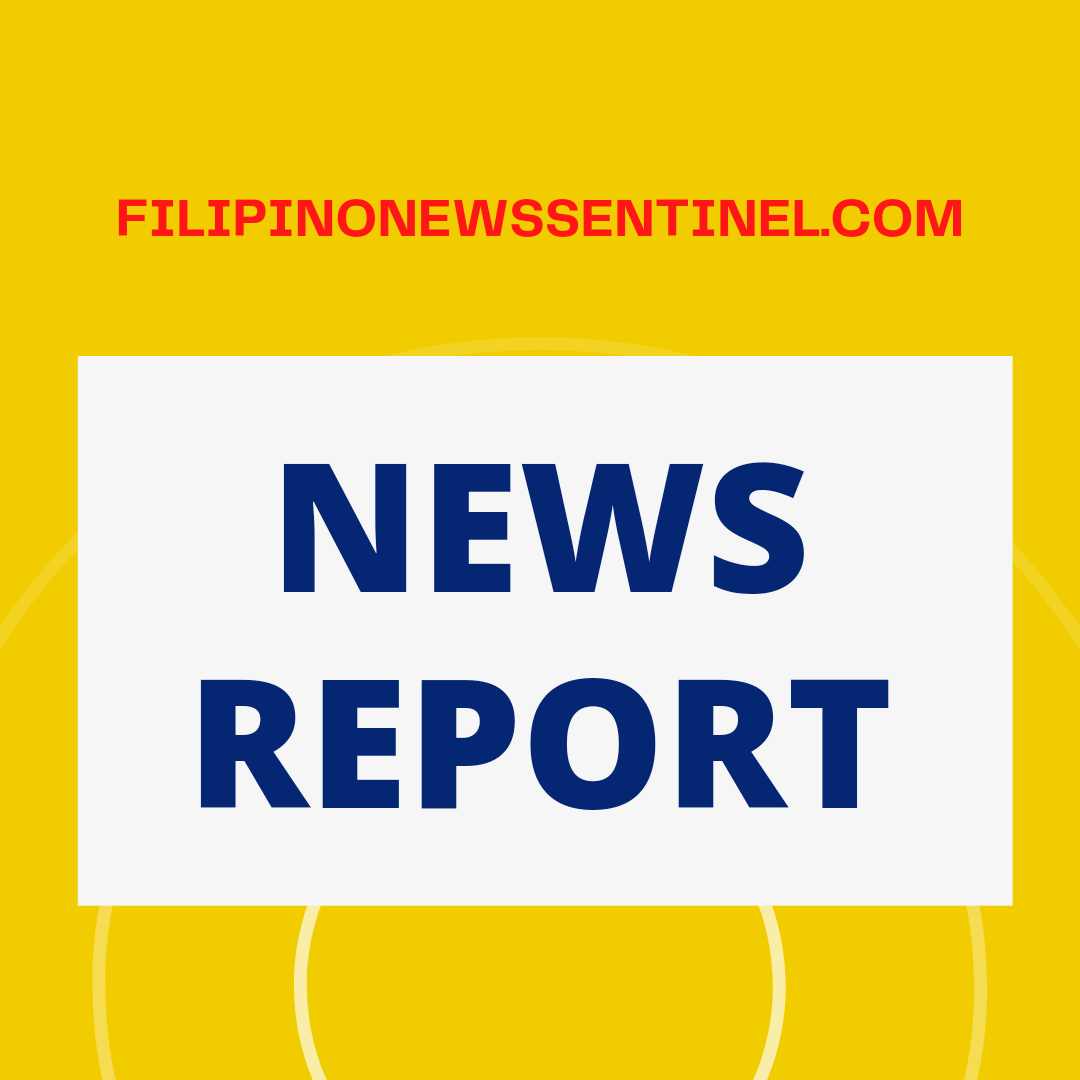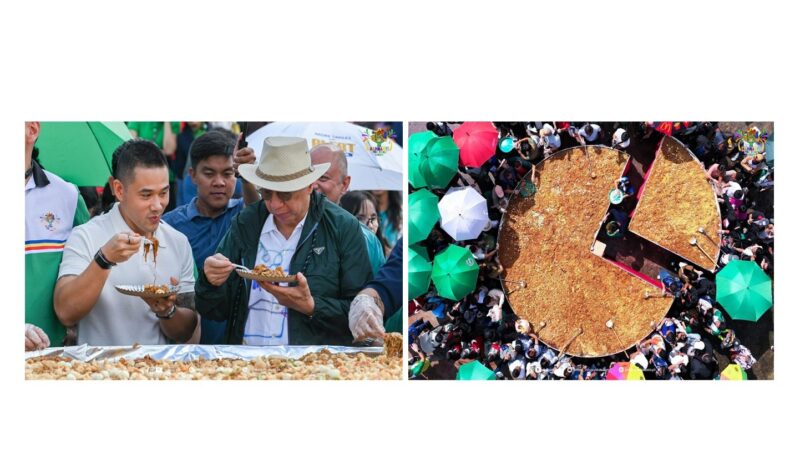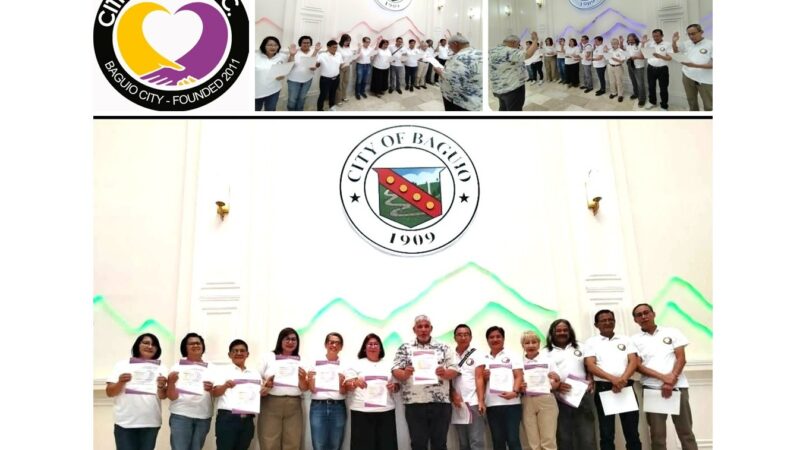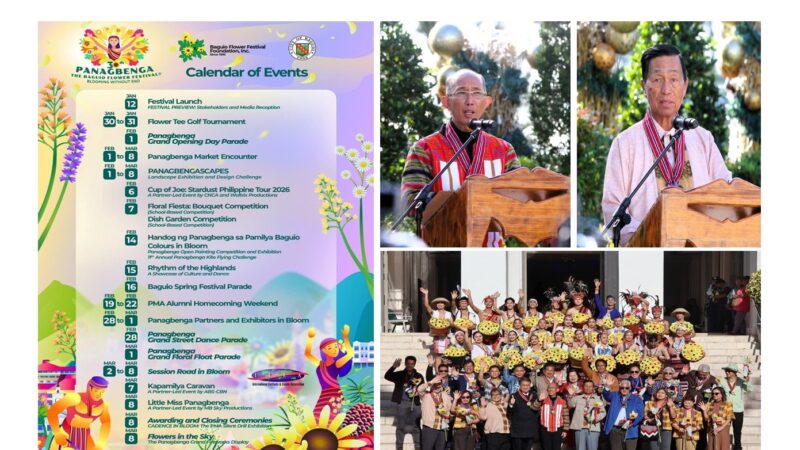Academe gets involved in climate change advocacy; launches researches, studies, proposals

The Saint Louis University (SLU) research consortium extends their expertise on mitigating global warming and climate change through small yet significant steps in the way of university programs, practices and research.
This adds up to the school’s environmental protection program anchored on the Catholic church’ “Laudato Si,” Pope Francis’ encyclical with a subtitle, “on call for our common home.”
In the said material, the pope critiqued “consumerism and irresponsible development,” lamented “environmental degradation and global warming;” and called on all people to “swift and unified global action.”
In SLU, among the institutional practices to attain sustainable development goals (SDG) are the observance of a car-less day and earth hours as fuel-saving measures, promotion of meatless or less meat day for health, furtherance of green spaces in the offices, and imparting of ecological prayers during ceremonial activities.
Pope Francis’ “Laudato Si” is the response and hope for the earth and the poor; adoption of simple lifestyle; ecological economics, education and spirituality; community engagement and participatory action.
It advocates no poverty, zero hunger, good health and well-being, quality education, gender equality, clean water and sanitation, sustainable cities and communities, reduced inequalities, industry innovation and infrastructure, responsible consumption and production, decent work and economic growth, life below water and on land, peace, justice and strong institutions, and partnership for sustainable development goals.
Among the university programs, research and innovations on eco-consciousness, sustainability and technology, for SDG are the solar panel systems at SLU and Luna Terraces housing in Irisan to reduce energy consumption with studies on manufacturing, installation, operation, decommissioning and CO2 emission reduction at 92.5%; and a solar power system for an agricultural tramline in Bauko, Mountain Province which are viable and economic.
A rainwater energy harvesting system which uses turbines and turns kinetic to electrical energy, benefitting rural electrification or areas prone to power interruptions was also presented as with Balili river as the subject of a real time monitoring system, keeping track of its pH, turbidity and total dissolved solids.
SLU also has its own wastewater treatment system; to clean up water for campus cleaning, gardening and other purposes.
Other accomplished researches were; municipal leachate treatment using Philippine natural zeolite; self-monitoring and auto-reporting trash shredder bin for smart waste management; bin design for automatic on/off shredder equipment for safe and anti-jam device.
The research and innovation center and the SLU department of agricultural economics also delved on global and regional food losses and food waste, food upcycling to curb post-harvest losses in the vegetable supply chain, and agricultural and vegetable processing; with partner agencies. The environmental, economic and social impacts, baseline assessment and stakeholder perceptions, knowledge valorisation and transport, and science communication for the studies were also considered.
Small scale mining which is done in Benguet areas is also the subject of research in the consortium.
The researches were reported during the LGU-sponsored lecture series on eco-consciousness and technology, where resource persons are from the City Planning, Development And Sustainability; and City Environment and Parks Management Offices; Eco and Zero -Waste advocacy groups; Health and Sanitation, Ecology and Environmental Concerns with chairperson Councilor Betty Lourdes Tabanda and other concerned offices. – JGF






